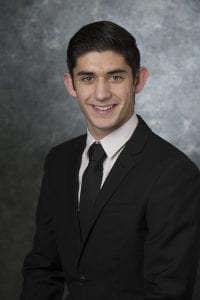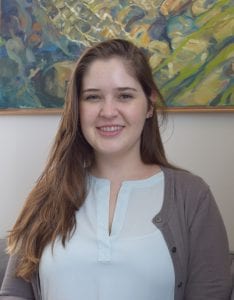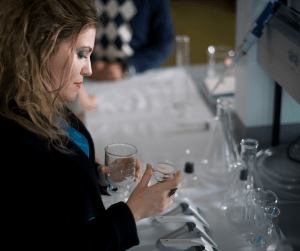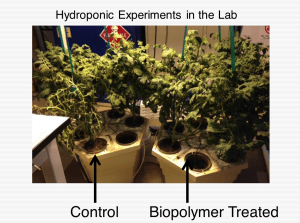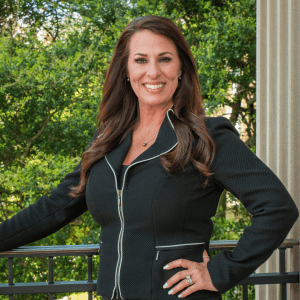Corrie A. Harris joined the Hunter & Stephanie Hunt Institute for Engineering & Humanity in 2016. Harris has significant experience in strategic operational and programmatic excellence for organizations focused on poverty alleviation through economic development, both locally and globally. Harris has also worked across various sectors, including academia, international government relations, nonprofit organizations, entrepreneurial ventures, and for-profit institutions.
In 2017, she founded the Hunt Institute Digest where she still functions as the Editor-in-Chief collaborating with student-workers who contribute to the Digest. By 2018, Harris co-founded the Global Development Lab (GDL) with the Institute’s Executive Director, Dr. Eva Csaky, to foster innovative solutions for a resilient humanity where she functions as the Portfolio Manager. Harris used the GDL to develop the student-worker program within the Institute to embody the Institute’s mission through projects with Affiliates, industry, and in-country partners. She also took the lead on a communication and marketing strategy for the Institute by redesigning social media campaigns for impact and creating the Hunt Institute Friday Update, a weekly newsletter summarizing the past week’s work in the Institute. In 2020, she is directing the Social Enterprise program in the Hunt Institute that integrates the GDL with social entrepreneurs and social intrapreneurs where she functions as a product manager and developer.
When asked about her motivation working at the Institute, she said, “Our work goes beyond theoretical to actually addressing real-world issues. This work brings with it a unique satisfaction when I see student workers go through the program working on their projects, demonstrating teamwork, and contributing in an impactful way. I enjoy watching them develop and sharpen their professional skills for that important transition between being a college student and a professional that contributes to making the world a better place, each in their various walks of life. I am highly motivated to build, market, and grow programs that shape people in a positive way.”
In 2006, Harris was the director of Villa Familia Nicaragua (VFN), an orphanage for children in crisis in Nicaragua for three years. She directed the day-to-day operations as well as all of its strategic programs, including initiating a Coalition of Directors for collaboration in Managua, Nicaragua. With the collective knowledge of the coalition, Harris created an economic development strategy for retrofitting and expanding VFN. After this, she recruited nationally and internationally for the implementation of the development strategy. This effort was highly successful and received the highest governmental recognition from the Department of Mi Familia as the standard by which all other centers for children in crisis should be modeled.
In 2021, Harris received an MBA from Cox School of Business with a concentration in Strategy and Entrepreneurship and a focus in Marketing. In 2015, she earned a Master of Arts in Sustainability and Development from SMU’s Bobby B. Lyle School of Engineering. Her master’s thesis is titled Resilient Sustainable Development: Localized Transformational Impact to Alleviate Poverty. In 2013, Harris graduated with a Bachelor of Arts in Interdisciplinary Studies from the University of Texas at Arlington with concentrations in Economics, Sustainability, Management, and Cultural Studies as a Presidential Scholar. Her honors thesis was titled Growing global economies: An interdisciplinary perspective on sustainable economic development. She holds the level of Black Belt in the World Taekwondo Federation.
Harris volunteers at St. Andrews Methodist Church in Plano, Texas as a Sunday school liaison, was a contributing member of the Lyle Task Force and Project Llama Initiatives in 2019, a member in the SMU Women Organization & Staff Association Member, a member in the Women in Business Cox Student Organization, the co-Founder and Portfolio Manager of the Global Development Lab, income Fitness Committee Chair at Gleneagles Country Club, and serves on the SMU Faculty Club Board. Corrie and her husband Chris Harris live in Plano, Texas. They are proud parents of two children.





To read more about Hunter & Stephanie Hunt Institute for Engineering and Humanity’s work to develop future-focused solutions to some of the world’s biggest problems, please click here. For the latest news on the Hunt Institute, follow our social media accounts on LinkedIn, Facebook, Twitter, and Instagram. We invite you to listen to our Podcast called Sages & Seekers. If you are considering engaging with the institute, you can donate to the work, or sign-up for our newsletter by emailing huntinstitute@smu.edu.
